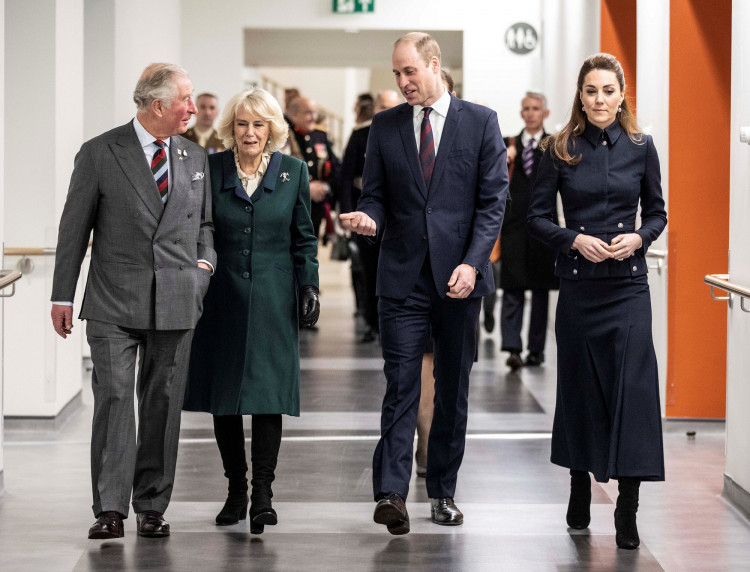Prince William is navigating a complex path, desiring more influence over the institution while unequivocally supporting his father, King Charles's reign. Sources close to the Prince of Wales have elucidated his stance, asserting that despite perceived tensions and different working styles, the relationship between father and son is constructive rather than destructive.
William, who has always been known for his commitment to his royal duties, reportedly has no ambition for King Charles to abdicate. Friends and former palace employees have noted that while William respects the hierarchical nature of the monarchy and his father's "rank" as the head of The Firm, he is keen to assert more control and leave his own mark on the institution. This desire for influence, however, is carefully balanced with an understanding of the royal family's structure and traditions.
The Prince of Wales's approach is reportedly subtle but strategic. Unlike his brother Prince Harry, who has taken a more confrontational path, William understands the importance of military-like obedience within the royal hierarchy. His respect for this structure underpins his actions and aspirations. A former Buckingham Palace staffer noted that while Charles and William might occasionally "butt heads," it is seen more as a productive rivalry that respects the chain of command.
William's vision for the monarchy involves not just a greater role for himself but also a more focused approach to his charitable work. He has expressed a desire to "go a step further" than his family in his philanthropic endeavors, aiming to concentrate on fewer causes with greater impact rather than spreading himself too thin.
As for his personal life, friends of William have stressed that his immediate focus remains on his young family. With three children under the age of 11, the Prince and Princess of Wales are reportedly concentrated on their parenting duties, with no immediate wish for William to ascend the throne prematurely. This commitment to his family underscores William's understanding of his dual role as a public figure and a father.
Despite the rumors of rivalry and the complexities of their relationship, friends of both Charles and William deny any deep-seated feud. They suggest that Charles encourages William to "plough his own furrow," acknowledging the importance of the future king forging his own path within the royal framework. This encouragement is seen as a sign of a supportive rather than antagonistic relationship, with both men understanding their roles and responsibilities to the monarchy and each other.
As the monarchy looks to the future, Prince William's role continues to evolve. His quest for more control is seen not as a challenge to his father's authority but as a natural progression in his preparation for his future as king. As he balances respect for tradition with his own modern vision, William's journey reflects the broader evolution of the monarchy in the 21st century - an institution rooted in history but continually adapting to the changing world around it. As the public watches this royal journey unfold, the intrigue and speculation surrounding the monarchy's future remain as compelling as ever.






